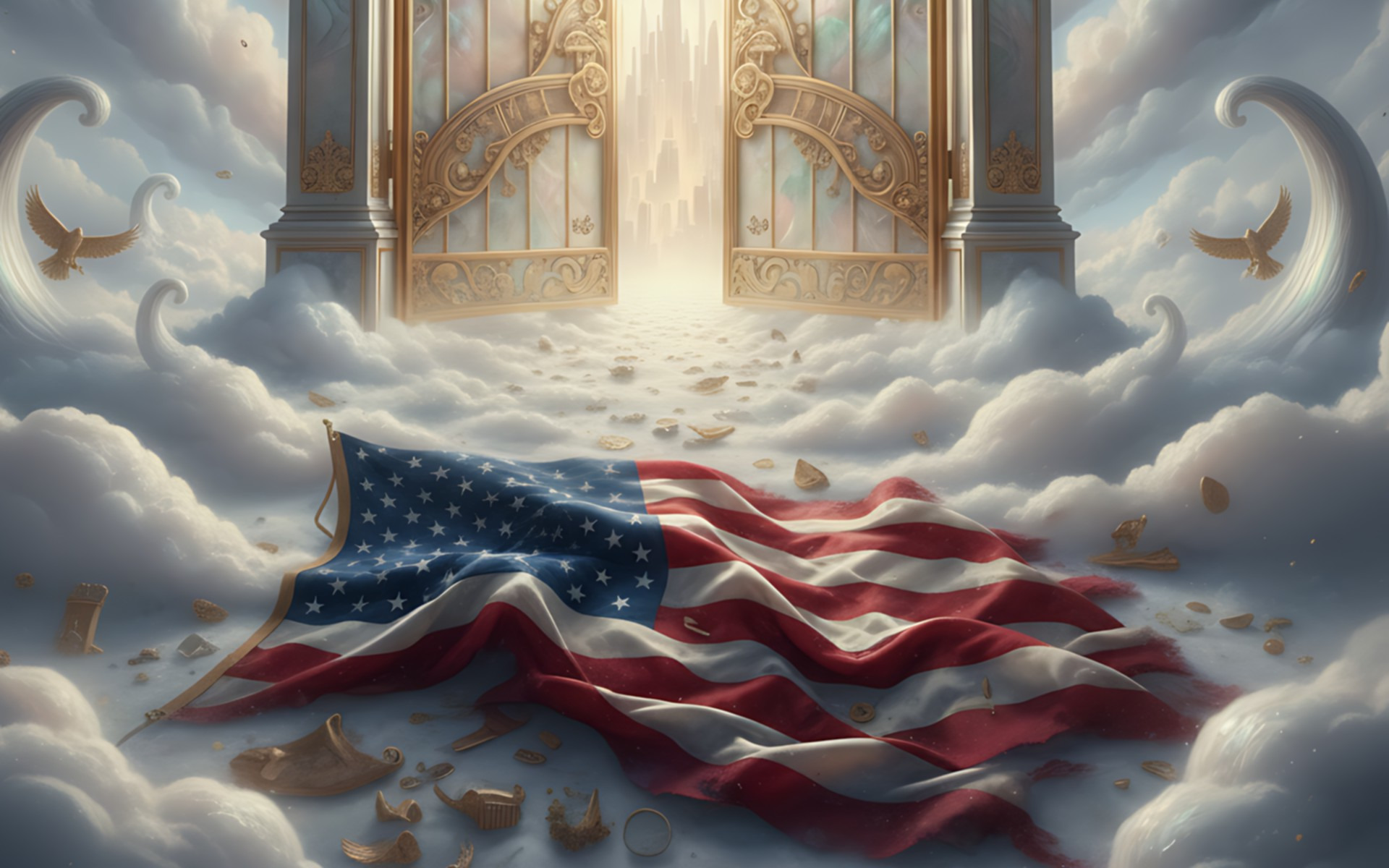“Requiem aeternam dona eis, Domine. Et lux perpetua luceat eis.”
― Ancient Christian Prayer

On September 10, 2025, America lost a good man. Charlie Kirk wasn’t a perfect man, by his own repeated admission, and perhaps that’s what made him such a good man. He had the self-awareness and integrity to acknowledge his own flaws, but the determination to never let those flaws distract him from his mission.
His assassination immediately reminded me of the assassination of Martin Luther King Jr. in 1968. No, I wasn’t around for it, but the feelings I feel now could be described the same way many people from that time describe their feelings from when they heard the news about King. I feel a mixture of sadness, anger, frustration, and uncertainty about the future. I feel like I lost something I never really owned, but rather something I shared with many others. I feel like we’re a nation on the brink of devastation. I want answers and justice, but deep in my soul, I want peace even more.
King and Charlie both died a senseless death as young men in their 30s, leaving behind heartbroken families. They both stood up as best as they could against injustice, racism, bigotry, lies, and hate. They both pushed for discord over violence during a time of great anger and distrust. They both stood up for truth, love, and hope. They both simultaneously recognized the flaws of America and yet never stopped believing in America. They both knew the risks were real, but instead of hiding and cowering in fear, they were driven by unwavering courage. They didn’t hold back to protect their families, but instead pushed forward to build a better world for their families and for all of us.
Both Charlie Kirk and Martin Luther King Jr. knew and spoke openly about the importance of faith motivating politics. This is why they were both so committed to nonviolence as a way of life. They both openly sought to live a life of Christian integrity and charity. They both, obviously, fell short of their own ideals, but both also visibly sought to be true followers of Jesus Christ, whatever the consequences.
The assassination of Martin Luther King Jr. changed America in a way we still feel today. It understandably inspired a great deal of anger and, in the immediate aftermath, temporarily widened the gap in American society. There were riots and more violence. But over time, King’s death transformed him into a symbol of hope for future generations. We were forced to reflect on who we were as a nation, and we were inspired to keep his ideals and the best parts of his mission in the public consciousness.
Perhaps the assassination of Charlie Kirk can have the same positive impact. If we let it, the anger of this moment can be transformed into the unity of a people who actively seek our own ideals. That’s not a given. That’s not automatic. I would even say that moving from tragedy into such hope requires heroic virtue. It requires intentionally deciding to do better, not just for ourselves but for our families and friends, our communities, our nation, and our world. It requires making all our actions prayer and all our prayers action. It requires the active choice to spread love even when we feel hate.
If Martin Luther King Jr. and Charlie Kirk had engaged in a conversation, I think they would have disagreed on many things. In fact, that’s even how they conversed with their own friends while they were still alive. But they would have agreed on the most critical things. They would have agreed that we need to build a world of honesty and sincerity, that truth spoken through love is more powerful than lies and hatred, and that we need to be willing to risk everything for principles that transcend our own moment on Earth. Most importantly, they would have agreed that we must love our enemies (Matthew 5:44) and never “fear those who kill the body but cannot kill the soul” (Matthew 10:28).
